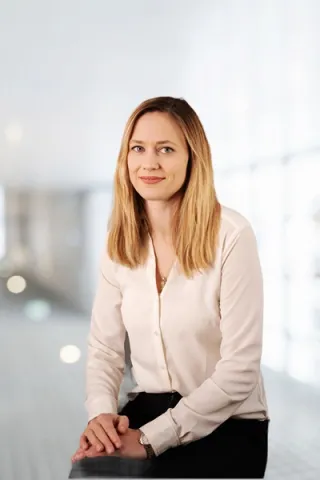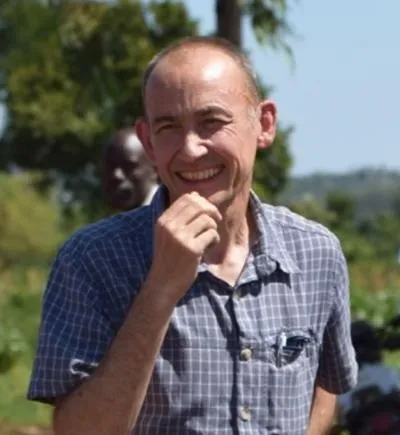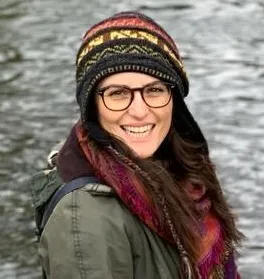Project overview
This collaboration aims to provide rigorous analyses on global, regional and country progress on women’s, children’s and adolescents’ health and support country capacity for data analysis and use for their health and nutrition programs.
The project includes collaboration among measurement experts from global, regional, country academic institutions, in collaboration with UN agencies (UNICEF, WHO, World Bank, and UNFPA). The purpose of the collaboration is global monitoring and measurement as well as strengthening the analytic capacity of regional institutions and networks in low- and middle-income countries to track progress or (lack thereof) of life-saving interventions for women’s and children’s health, including in-depth studies of six positive outlier countries to tease out drivers of successful progress in maternal and newborn health and survival over the past two decades. This project includes collaboration between CD2030 and the Global Financing Facility that would work in (up to) 20 GFF countries to enhance country-generated evidence for planning, health progress and performance assessment for RMCNAH+N.
The project includes collaboration among measurement experts from global, regional, country academic institutions, in collaboration with UN agencies (UNICEF, WHO, World Bank, and UNFPA). The purpose of the collaboration is global monitoring and measurement as well as strengthening the analytic capacity of regional institutions and networks in low- and middle-income countries to track progress or (lack thereof) of life-saving interventions for women’s and children’s health, including in-depth studies of six positive outlier countries to tease out drivers of successful progress in maternal and newborn health and survival over the past two decades. This project includes collaboration between CD2030 and the Global Financing Facility that would work in (up to) 20 GFF countries to enhance country-generated evidence for planning, health progress and performance assessment for RMCNAH+N.


